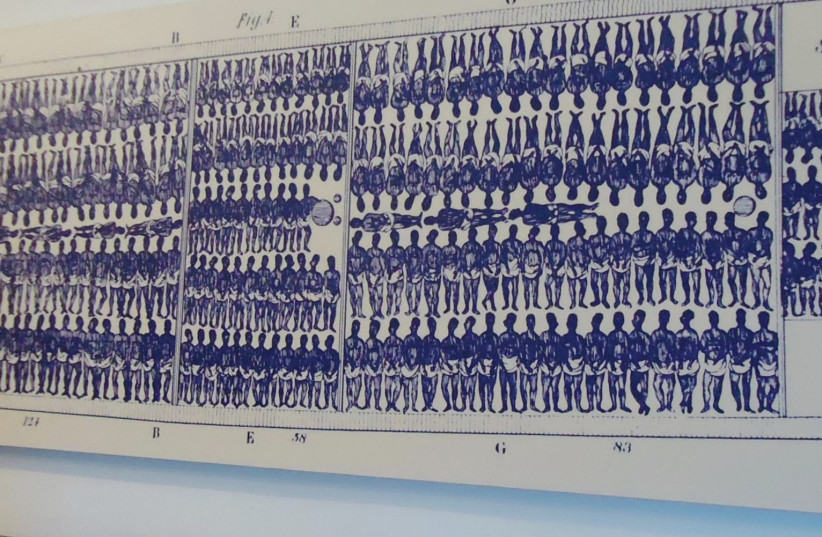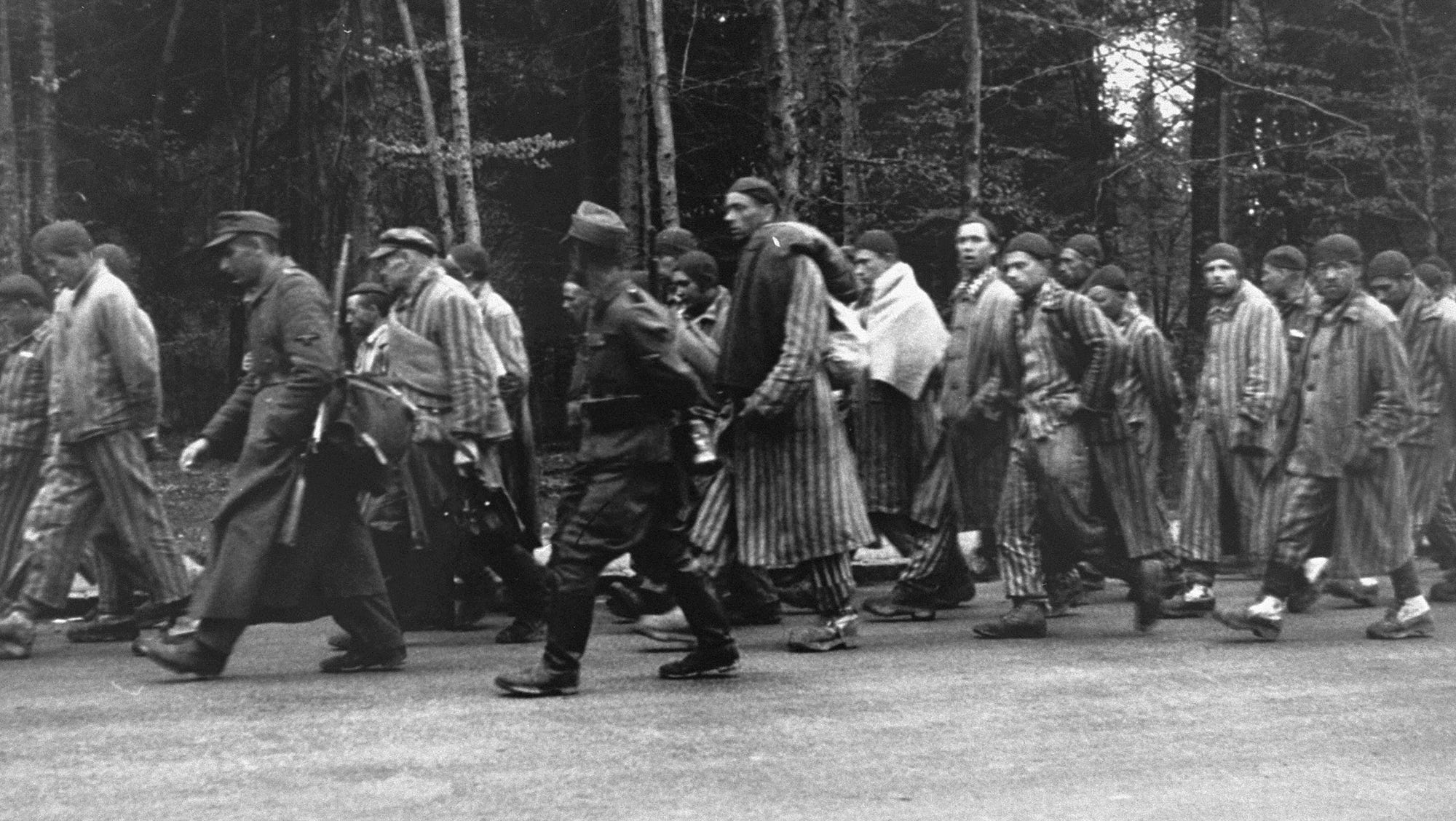Holocaust & Slavery: Comparing Horrors & Their Legacy
Can we truly grasp the enormity of human suffering, or are we destined to grapple with the echoes of the past, forever parsing the pain of different groups through a lens of comparison? The very act of comparing atrocities, such as the Holocaust and American slavery, while potentially insightful, risks diminishing the specific horrors of each event and the unique experiences of those who endured them.
The historical record, vast and complex, often compels scholars to isolate and analyze specific events, seeking to understand them within their unique contexts. The Holocaust, with its industrial-scale brutality and systematic extermination, stands as a stark example of this, prompting a quest for meaning and understanding. Likewise, the institution of modern slavery, particularly in the context of the transatlantic slave trade, captures the historical imagination, demanding recognition of its distinct characteristics and profound consequences. Some, like the recent chroniclers, argue that "there was nothing quite like black slavery, in scale, importance or consequence."
To fully understand the complexities of such events, it is helpful to explore the concept of comparative historical analysis. This method involves examining two or more historical events, identifying similarities and differences, and drawing conclusions about their causes, consequences, and significance. However, it is crucial to approach this analysis with caution, as the specific experiences of each group must be acknowledged and respected. Understanding the past requires a delicate balance of recognizing commonalities and acknowledging uniqueness, avoiding generalizations and simplifications that can obscure the human experience. In this spirit, we can begin with basic facts.
- Guide Vegamovies Download Telugu Tamil Hindi Dubbed Movies Hd
- Movierulz 2025 Watch Latest Movies Shows Your Guide
| Category | Information |
|---|---|
| Event Name | Holocaust |
| Date | 1933-1945 |
| Location | Primarily Europe |
| Target Victims | Jews, Roma, political opponents, homosexuals, disabled persons, and others deemed undesirable by the Nazi regime. |
| Key Aspects | Systematic persecution, forced labor, concentration camps, gas chambers, mass murder, and genocide. |
| Outcome | The extermination of approximately six million Jews and millions of others. |
| Event Name | American Slavery |
| Date | 1619-1865 |
| Location | Primarily the United States of America |
| Target Victims | African people and their descendants. |
| Key Aspects | Forced labor, brutal treatment, exploitation, denial of basic human rights, rape, torture and family separation. |
| Outcome | Millions of enslaved people and a legacy of racial inequality and systemic oppression in America. |
For more details please check:United States Holocaust Memorial Museum
The Holocaust is frequently regarded as the most egregious moral crime in human history, largely because of the sheer scale of suffering and the meticulously planned nature of the Nazi regime's actions. The millions of victims, subjected to horrific brutality and systematic extermination, serve as a stark reminder of the depths of human depravity. This period witnessed unprecedented levels of industrialized murder, employing advanced technologies and bureaucratic structures to carry out genocide. The world recoiled in horror at the scale of the destruction, and the echoes of those atrocities continue to reverberate, prompting an ongoing quest to understand the roots of such profound evil.
Simultaneously, the modern world grapples with the legacy of slavery, a system that subjected millions to forced labor, dehumanization, and unimaginable cruelty. The current discussions surrounding reparations for slavery, a notion that was long dismissed as unrealistic, signal a growing awareness of the enduring effects of this historical injustice. The atrocities of slavery, with its roots in economic exploitation and racial prejudice, had a profound and lasting impact on the social, political, and economic landscape of many nations. While slavery may not have been the worst form of human abuse across history, it left an indelible mark on its victims and perpetrators alike. This is especially true within the American context.
- Movierulz Alternatives Where To Watch South Indian Movies
- Kannada Cinema 2024 2025 Releases News Movierulz Updates
The intersections between American slavery and the Holocaust are complex and nuanced. Some commentators, particularly in the realm of German film reviews regarding films like Django Unchained, have raised the question of whether American slavery should be compared to the Holocaust. While these discussions can be thought-provoking, it is crucial to avoid simplistic equivalencies. The Holocaust, driven by a genocidal ideology aimed at the complete annihilation of a targeted group, differed in its intent and execution from American slavery. While slavery had an economic purpose, the Holocaust's aims went further. The German reviews of django, in their way, pointed to the differences in these practices.
Slavery, in various forms, has existed throughout human history, across various cultures. The Holocaust, by contrast, was a specific historical event with unique characteristics. The coercive nature of the Holocaust, a feature that set it apart from the economic drivers of slavery, is a significant factor in distinguishing these historical contexts. Furthermore, the post-Holocaust world saw a concerted effort to acknowledge and repair some of the damage, including the payment of reparations to Israel. Slavery in the United States, in contrast, experienced no such formal reckoning for a long period.
These are events that resonate with American audiences because of the relationship we share to those that were affected. It is important to state, to avoid any misunderstandings, that there is no intention to suggest that one event surpasses the other in terms of suffering. Comparing these historical events presents its own set of challenges. One of these challenges is the length of time that has passed since these events occurred.
The act of comparing the Holocaust and slavery raises crucial questions about historical memory, the nature of evil, and the challenges of confronting the past. The Holocaust has served as a turning point in modern history, and the long and public reckoning with its horrors offers a model for the United States. The horrors of January 6th are yet another stain on American history, and highlight the constant need to acknowledge and learn from the past. Similarly, the enduring impact of slavery demands that we confront the legacies of racism, discrimination, and systemic inequality. These are conversations that are not only important, but also crucial.
The act of comparing events that caused unimaginable suffering will always be a complex, sensitive, and contentious undertaking. It is tempting to categorize such events. Yet, it is also critical to engage with the specific complexities of each historical event. To use the name "Holocaust" to refer to anything other than the war against the Jews from 1933 to 1945, is to subvert history and insult the memory of the many millions who were murdered. This is something Jan Burzlaff, Ackman Fellow for Holocaust studies at Harvard University, would likely emphasize.
While slavery and the Holocaust share some similarities, such as abusive living conditions, forced labor, rape, torture, and attacks on families, their contexts and aims diverge. American slavery produced a legacy of racism and systemic oppression, while the Holocaust aimed for the complete annihilation of an entire people. To comprehend these events, it is essential to respect the specificity of their contexts and to approach them with empathy and humility.



Detail Author:
- Name : Emiliano McClure
- Username : langosh.gene
- Email : brekke.daniela@mayert.com
- Birthdate : 1970-04-01
- Address : 8608 Greenholt Oval North Adelle, MO 56378-0410
- Phone : +1.731.766.5464
- Company : Ruecker-Donnelly
- Job : Technical Program Manager
- Bio : Totam mollitia commodi dolores tempore dolor voluptatum. Eius voluptas iure ea eaque et. Pariatur delectus tempora facere fugiat optio autem veritatis. Quam eum rerum ipsam dicta.
Socials
tiktok:
- url : https://tiktok.com/@vtreutel
- username : vtreutel
- bio : Dolor molestias velit quia sunt totam. Ipsam autem eos quibusdam.
- followers : 6408
- following : 1959
facebook:
- url : https://facebook.com/vtreutel
- username : vtreutel
- bio : Non odio iusto nulla porro delectus nobis enim. Sint voluptas eaque quibusdam.
- followers : 330
- following : 2615
instagram:
- url : https://instagram.com/vtreutel
- username : vtreutel
- bio : Tenetur rerum quia voluptate ea ipsa officiis ab. Sit similique laborum cumque minus.
- followers : 2340
- following : 758
linkedin:
- url : https://linkedin.com/in/treutel2014
- username : treutel2014
- bio : Laudantium mollitia officiis quos officiis nulla.
- followers : 4033
- following : 1990
twitter:
- url : https://twitter.com/vtreutel
- username : vtreutel
- bio : Alias et velit tempora omnis. Ducimus consequatur amet doloremque et saepe aut. Amet nesciunt illo amet reiciendis.
- followers : 1957
- following : 2906